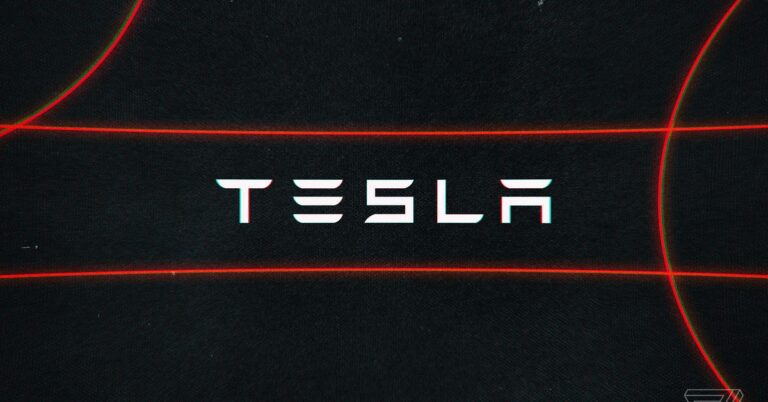
[ad_1]
Tesla is going to court next week over the role its Autopilot system played in a fatal crash in 2018 — and it wants Apple to testify in its defense.
Tesla wants to prove that Apple engineer Wei “Walter” Huang was playing a video game on his phone at the time his Autopilot-enabled Model X smashed into a safety barrier along US Highway 101 in Mountain View, California, in 2018. And now, Huang’s family, which is suing Tesla for wrongful death, is claiming that Tesla is secretly working with Apple to aid in its defense.
In a pretrial motion filed this week, lawyers representing Huang’s family accused Apple of “engaging in a secret discovery ‘work around’ to help support Tesla in its defense of the pending case.”
Huang’s family accused Apple of “engaging in a secret discovery ‘work around’ to help support Tesla”
In its initial investigation, the National Transportation Safety Board found that a video game — “a world-building strategy game with multiplayer capability” — was the frontmost app on Huang’s phone at the time of the crash. But investigators could not determine whether he was actively playing it when his Model X slammed into the concrete divider.
“The log data are not specific enough to ascertain whether the Tesla driver was holding the phone at the time of the crash,” NTSB said in its report.
However, historical cellphone logs from Huang’s phone found “a pattern of active game play” during morning commute hours in the days leading up to the crash and data transmission “consistent with online game activity” in the minutes leading up to the crash. Huang’s family claims he was letting games run passively on his phone to collect data.
The Huang family’s lawyers now say that Tesla, with the help of Apple, is trying to overturn this at the last minute by submitting a declaration from an Apple engineer, James Harding, that states that the company determined that Huang was actively playing the game at the time of the crash. Harding has worked at Apple for 18 years as a manager of “system debug tools and services,” according to his LinkedIn.
Historical cellphone logs from Huang’s phone found “a pattern of active game play”
By submitting Harding’s testimony as a declaration rather than through a deposition, Tesla and Apple are trying to “circumvent the discovery process,” the lawyers representing Huang’s family contend. They also slam the companies for submitting Harding’s declaration five months after the close of discovery, denying them the opportunity to question the Apple manager before the trial. Tesla plans on calling Harding as a witness.
The Huang family’s lawyers have subpoenaed Apple, seeking more information about Harding’s declaration. Last month, Apple filed an application to quash the subpoena, arguing the Huang lawyers were seeking “a substantial volume of Apple’s privileged material.”
“Apple is not a party to this case, has never appeared, and has not received any notice of entry of order relating to the dispute,” the company’s lawyers argue in its application to quash the subpoena. “While Apple is ready to work in good faith with the Parties and to fulfill its obligations as a non-party witness, it is very unclear on its present obligations and seeks guidance from the Court.” (An Apple spokesperson did not immediately respond to a request for comment.)
“Apple is not a party to this case”
The trial is a major test for Tesla’s ongoing legal efforts to pin crashes involving Autopilot on driver inattention. Tesla’s strategy has been successful in previous trials in which it has avoided culpability in at least two wrongful death suits.
The Huang case is shaping up to be a crucial test for this defense. Tesla insists that Autopilot is safe and only fails when drivers are distracted. But the Huang family’s legal team plans on citing instances in which Tesla’s own executives and engineers have admitted to checking emails while using Autopilot. Previously, Tesla has argued that some of these statements, including from Elon Musk himself, should not be admissible because they could be deepfakes.
[ad_2]